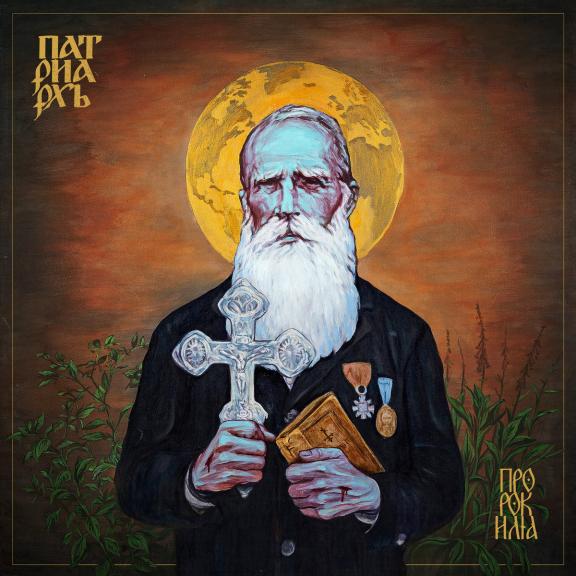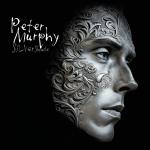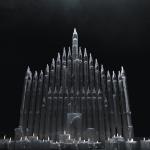Let's be honest, we've never understood anything about Batushka. First appearing around ten years ago with Litourgiya (Литоургиiа in Cyrillic), the Polish band imposed its identity with Slavic liturgical language, eight-string guitars and togas concealing their faces. Then things get complicated. Just for fun, we'll tell you about it in Cyrillic: Христофорь, composer and mastermind of the project, gets fired by singer Варфоломей. Each pursues their version of Батюшка. On stage, faces are hidden. A third group quickly emerges: Batyushka, founded by Russian monks. And then there's El Batushka, Vvatushka, Papushka, Datushka... there are more than twenty variations, almost all revolving around black metal. Like the Orthodox religion and its many schisms, Batushka has become a matryoshka that opens infinitely, spawning countless (and uninspired) copies. Not only do tracks on the same album often all have the same title, but it's impossible to know who you're dealing with because of the togas!
For the sake of simplicity, let's focus on the main iterations: composer Krzysztof ‘Derph’ Drabikowski's Batushka has won its legal battle. Singer Bartłomiej ‘Bartek’ Krysiuk renames his Batushka, a word designating a religious authority, a patriarch, to PATRIARKH. We're beginning to see things more clearly. A continuation of this version's previous albums, Prophet Ilja is also perhaps the renewal the band needed. Let's face it: until now, once the surprise effect has worn off and the gimmicks have been assimilated, Batushka tended to repeat itself and go round in circles (well, we suppose we're talking about the same people, but who knows).
Prophet Ilja marks a turning point with a revised ambition to tell the story of Eliasz Klimowicz, the mysterious Polish peasant prophet of the 1930s and self-proclaimed reincarnation of Christ who brought his followers together in a ‘New Jerusalem’ called Wierszalin. Spoken-word, multiple voices: the narrative aspect is grafted onto the liturgies and adds real depth. It soon becomes apparent that the music crosses many boundaries: black metal, death, doom, but also plenty of clean vocals and convincing folk and pagan touches that break up the routine (WIERSZALIN VI and VII, with their raven croaks and traditional instruments, sometimes evoke a Slavic version of Wardruna). This variety fleshes out the sound and reinforces its mystical aura, while the choirs bring a gothic solemnity to the most furious moments.
Although PATRIARKH's universe has remained the same since its name change, the metaphor is both convincing and surprising. Singer Eliza Sacharczuk's voice brings a much-needed breath of fresh air. The texts, recited with the austerity of the sacred, accompany the story, with mandolin, tagelharpa and other instruments adding an ethnographic touch to the religious and the narrative... And of course, the blast-beats and other borborygms add tenfold to the intensity of the whole (WIERSZALIN VIII, with its dramatic strings, is impressive). Krysiuk has finally found the right recipe: Prophet Ilja is a fascinating, varied album, and PATRIARKH are finally forging their own identity, adding real depth beyond gimmicks and window dressing. We're all the more won over by it, as we wouldn't have put much money on it.




